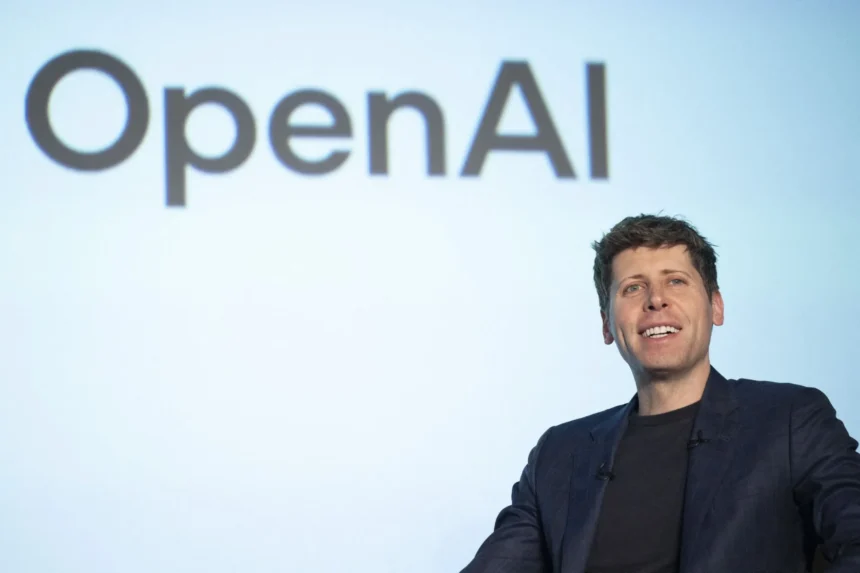In a major boost for students preparing for finals, OpenAI CEO Sam Altman announced that the premium ChatGPT Plus subscription—typically priced at $20/month—will be free for all college students in the U.S. and Canada throughout May 2025.
What Does the Offer Include?
The free subscription unlocks GPT-4o—OpenAI’s most advanced language model—alongside:
- Unlimited image generation via DALL·E
- Advanced Voice Mode for conversational interaction
- Deep Research tools to assist with literature reviews, critical analysis, and academic writing
- Priority access during peak usage times
- Higher message limits than free-tier users
These tools aim to enhance learning, productivity, and creativity, especially during a critical academic period.
Why Is OpenAI Doing This?
According to Leah Belsky, VP of Education at OpenAI:
“Today’s college students face enormous pressure to learn faster, tackle harder problems, and enter a workforce increasingly shaped by AI… Supporting their AI literacy means creating space for them to engage directly, experiment, and learn.”
This initiative also appears to be a strategic response to Anthropic’s recent launch of Claude for Education, which focuses on Socratic learning and partnerships with universities.
How to Get Free ChatGPT Plus Access
To activate the free subscription, students must verify their enrollment status through SheerID, a student verification platform. Once confirmed, they will receive instant access to ChatGPT Plus with no charges through the end of May.
OpenAI vs Anthropic: A New AI Rivalry in Education
This announcement comes just one day after Anthropic launched Claude’s Learning Mode, designed to promote critical thinking over direct answers. Claude is already being piloted at universities like:
- Northeastern University
- London School of Economics
- Champlain College
This rapid one-upmanship recalls the browser wars of the 1990s, except this time, it’s over AI-powered learning tools.
The Future of AI in the Classroom
With tools like ChatGPT and Claude becoming part of students’ daily study routines, educators are rethinking assessments and academic integrity policies.
Some institutions now allow AI for brainstorming or editing, while others encourage ethical use and citation practices.
The key shift? Treating AI not as a cheat sheet—but as a collaborative learning partner.
Final Thoughts
As more than one-third of U.S. adults aged 18–24 already use ChatGPT, OpenAI’s free offer could make a huge impact on how students study, write, and conduct research.
For those looking to level up during finals season, this may be the perfect opportunity to harness AI’s full potential—for free.









